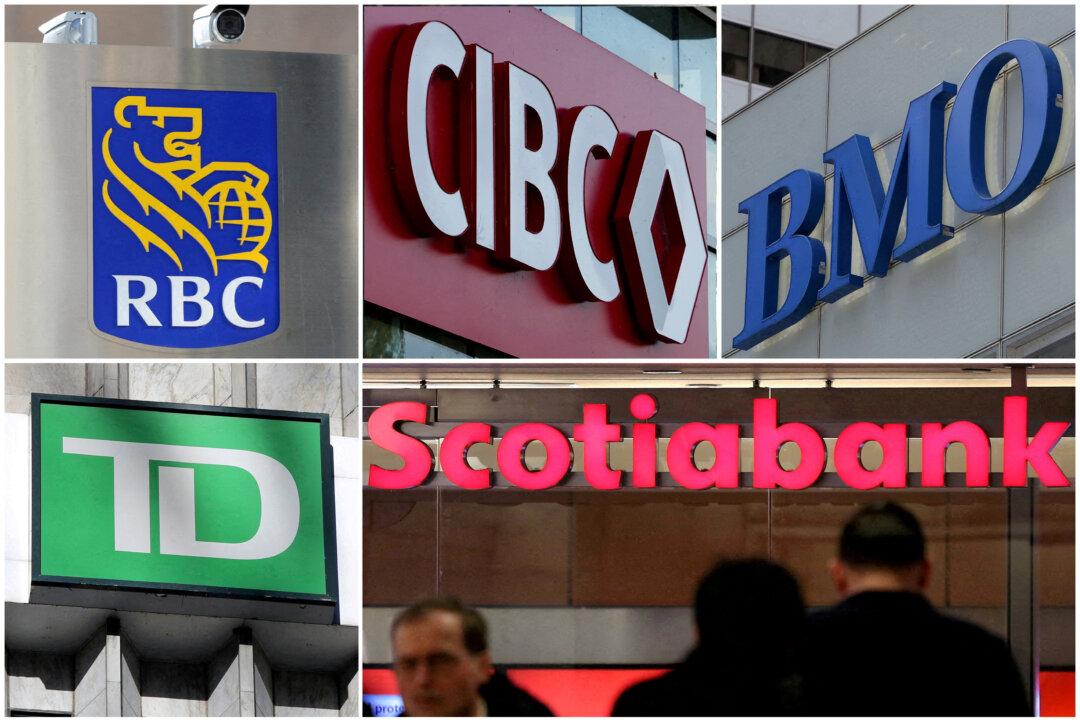Canadian financial institutions will not be permitted to charge more than $10 in non-sufficient funds (NSF) fees after the government capped the charges.
NSF fees are charged by banks and financial institutions when there is not enough money in a customer’s account to cover a pre-authorized payment or cheque. The government has estimated NSF fees at Canadian banks typically range from $45 to $48.





